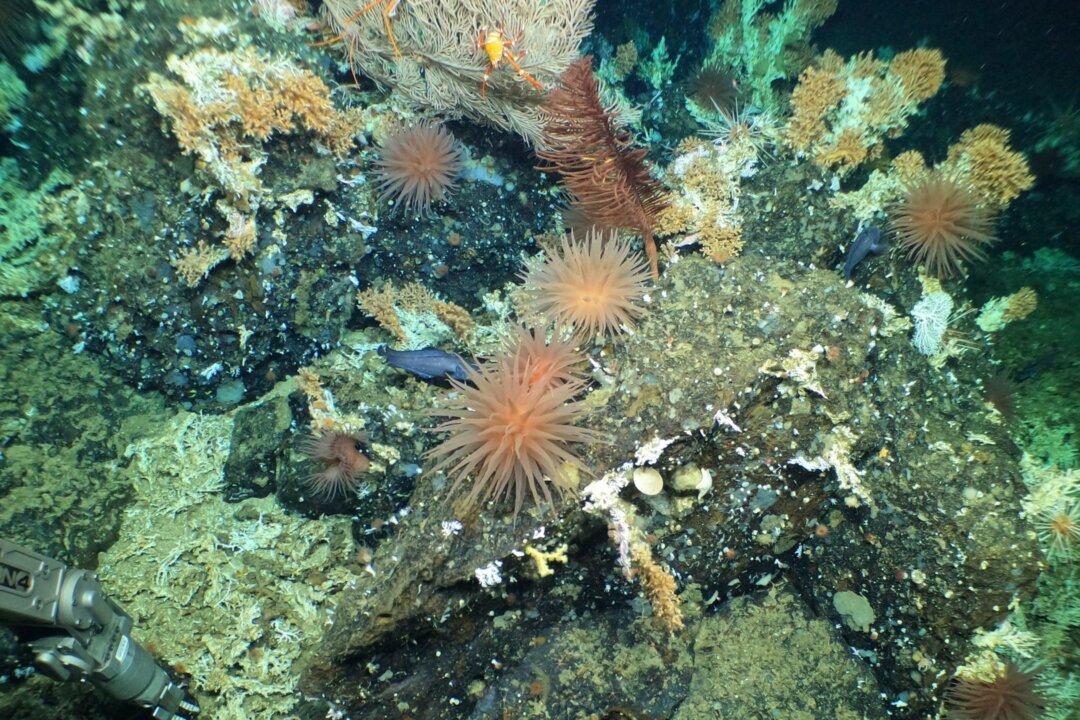Newfoundland scientists have found an unusual type of coral garden near one of the province’s offshore islands.
Researchers at Memorial University’s Marine Institute discovered a cold-water soft coral garden northeast of Fogo Island, N.L., the institute said in a Sept. 24 publication. The coral garden is a rare find, researchers said, especially in such high densities and in such shallow waters.
“The richness and abundance of marine life within this habitat is astonishing, and I have never seen anything quite like it at such shallow water depths,” said researcher Emmeline Broad, a PhD candidate at Memorial University, in the article.
The coral, which lies at a depth of less than 200 metres, covers approximately 10,000 square metres of the sea floor and is composed of a variety of species, including anemones, sponges and basket stars, according to the institute.





